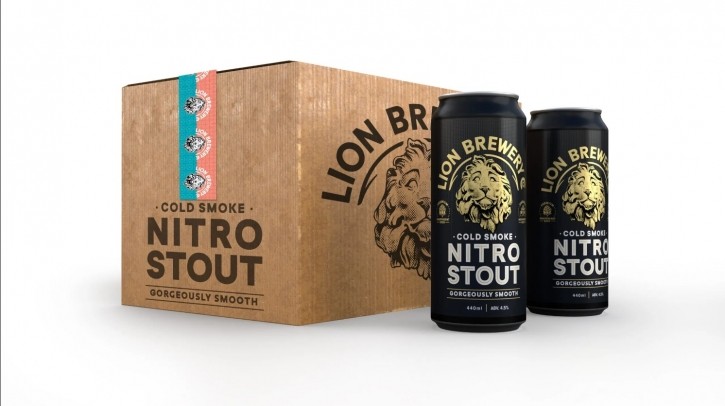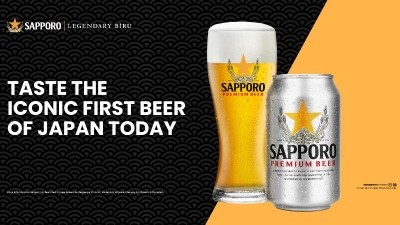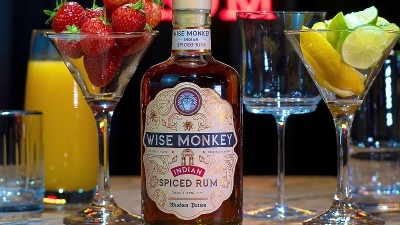Nitro boost: Lion Brewery looks to take on Guinness with launch of new nitrogen-infused stout in canned format

Nitrogen-infused stout or nitro stout is a popular yet underserviced beer category in the Asia Pacific region, particularly in canned form, due to the associated technology and processing challenges of dealing with nitrogen infusion.
“It’s no secret that it’s hard to do nitrogen in cans as the associated technology is both complicated and pricey, plus many existing products tend to require additional plastic widgets to ensure the quality is sealed in and maintained, which is another layer of complication,” Lion Brewery Co-Founder and Managing Director Will Julius told FoodNavigator-Asia at the Nitro Stout launch event in Singapore.
“We have a partner facility in the UK that has this unique technology, enabling us to infuse the stout with nitrogen at -196°C in a process that ensures the end-product gets maximum creaminess and smoothness, and the nitro experience is retained even with using just regular aluminium cans as packaging.
“Nitrogen gives beer an added smoothness and creaminess that regular products which are often only infused with carbon dioxide cannot – it also means that before the can is popped open, it needs to be sufficiently rotated in order to agitate the nitrogen so that the stout does not come out flat, unlike those that use CO2.”
Lion’s Nitro Stout is one of only two nitrogen-infused stouts available in canned format in Singapore, with the other being Guinness’ Nitro Surge which requires the use of the aforementioned plastic widget device. Carlsberg’s popular Connor’s Stout uses CO2 and not nitrogen.
“There is not a lot of competition in stout, let alone nitro stout, in this market as a result of those challenges, and in terms of the financing and brand visibility of course Guinness is the market leader here,” he added.
“I feel we do have an edge over Guinness in that we have a very different flavour profile that tastes smoother and, in my opinion, better too – as we all know, any sort of market monopoly is never good for the consumer, and as a brewery we believe we have a product that can appeal to many consumers here in terms of being light and creamy but not too filling like a regular stout tends to make people feel.
“That is where the nitro element comes in to give that creaminess and smoothness, and make the stout even more suitable and easy drinking for consumers in this hot and humid Singapore climate.
“Putting this into a canned format just makes it even more convenient for them to buy a pack and bring it home to consume, as not everyone will always want to drink beer at a bar at all times, or might find it too crowded and just want the comfort of home.”
The Nitro Stout has been available on draft in various bars and restaurants across Singapore for four to five months now, and the 440ml canned version will now be available not only in these venues but also online retailers, Lion’s own website, and other locations.
“We are also in discussions with some large local retailers and expect this to hit supermarket shelves very soon too,” he added.
“Cold Storage for example has carried quite a few of our core and limited edition products in the past, and have expressed interest in this as a novel item as well.”
Nitro future in Singapore
Despite the many appealing characteristics of nitrogen-infused beers, Julius highlighted that it is unlikely that this is going to see many new craft players in Singapore in the short term due to the technical challenges.
“There are not many craft breweries making this right now as the technology is not available in Asia so it is quite difficult for the average brewery to access it,” he said.
“There are many more barriers to entry compared to CO2 infusion – we’re talking different tanks, different diffusers, different packaging and all of that.
“So even though there are a surprisingly large number of stout drinkers in Singapore - stout is usually associated with cold weather markets like the UK, but it is very popular here - there are not likely to be that many more new brewers of this until the technology becomes more accessible.”







